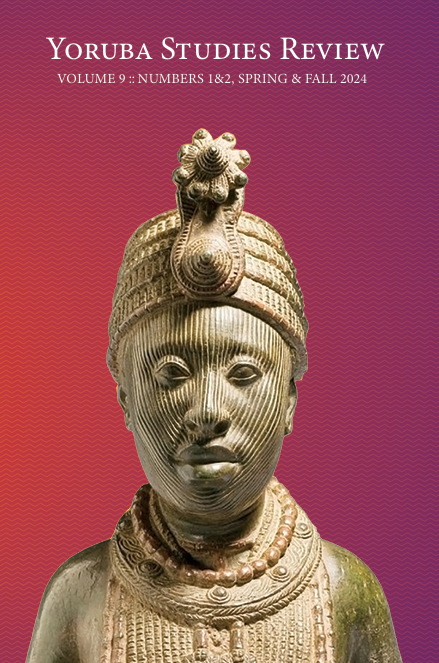Abstract
This essay is centered on the comparative analysis of the justice system in traditional and modern Yorùbá society vis-à-vis equality of rule to law to all and sundry. This paper aims to analyze the effects of an upright as well as a corrupt judicial system on society. The theory adopted for this work is the sociological theory of literature. The model adopted under this theory is the mirror image approach. Proponents of this model believe there is a cordial relationship between literature and society because literature mirrors society. We employ an auto-telic textual analysis approach in our analysis of the two play texts, which are Ààrẹ Àgò Aríkúyẹrí and Adákẹ́dájọ́. Our findings in this work show that equality of all and sundry in justice dispensation will bring about peace, tranquility, and development in society why inequality as well as lack of equity, justice, and fairness as seen in the two texts breed lawlessness, anarchy and resort to self-help by those deprived of justice which will, in turn, brings about loss of life and properties as we are witnessing in Nigeria today. Based on our findings in this work, we believe that the solution to this problem is to follow the rule of law which should be above everybody, and to inculcate moral discipline (ìwà ọmọlúàbí) which is the watchword of the traditional Yoruba society in children through both formal and informal education by teachers, parents, and guardians.

This work is licensed under a Creative Commons Attribution-NonCommercial 4.0 International License.
